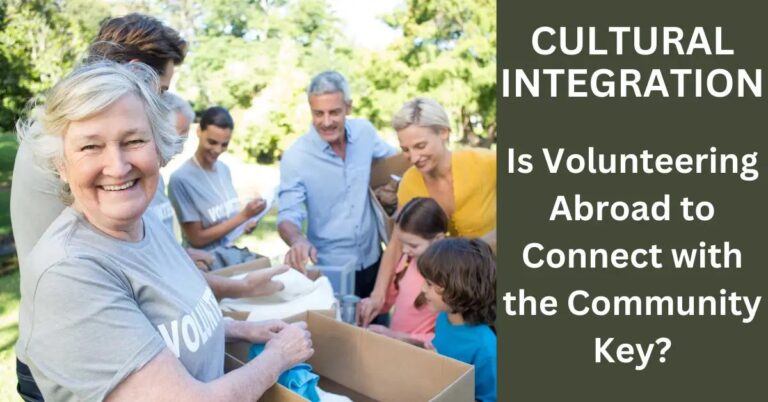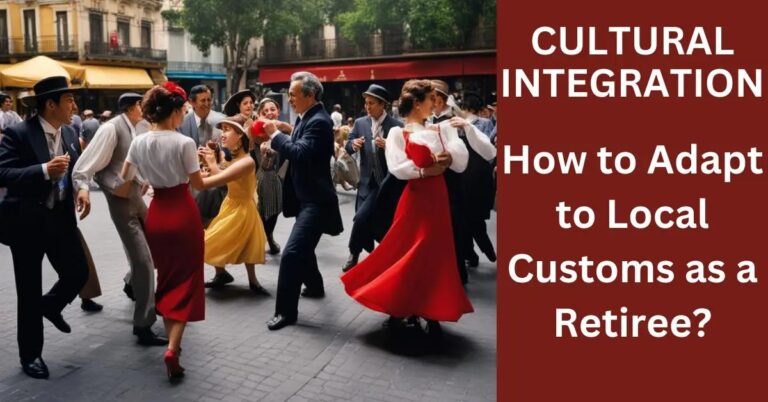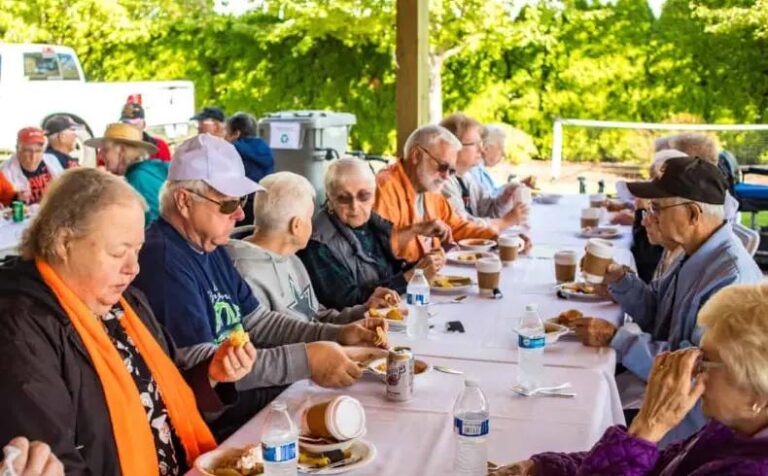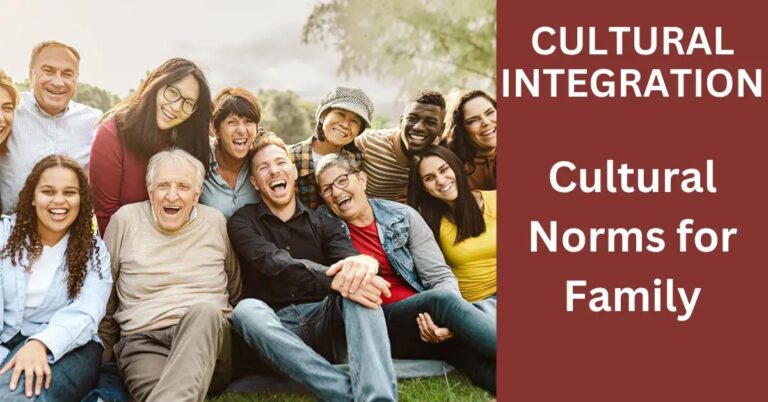TL;DR:
- Retirees provide valuable insights and wisdom to local politics, influencing laws and community projects.
- Civic engagement offers retirees a sense of purpose, connection, and can improve neighborhoods.
- Notable examples: Betty and Tom led successful local advocacy efforts.
- To get involved, retirees should assess interests, attend local meetings, and network with officials.
- Opportunities include volunteering in campaigns, joining political clubs, and influencing voter turnout.
- Retirees can shape policy by advocating for senior-specific issues like healthcare and pensions.
- Challenges include political fatigue and technology gaps, mitigated by small steps, mentorship, and workshops.
- Cross-generational collaboration through mentorship and networking can create impactful community change.
Have you ever wondered if engaging in local politics as a retiree is worth it? As retirees, we have time, wisdom, and unique perspectives that can reshape our communities. Local politics needs voices like yours to spark real change. From enhancing local projects to addressing seniors' needs, the impact can be huge. Let's explore how channeling your experience into civic life brings benefits beyond what you might expect.
Engaging in Local Politics as a Retiree: Why Should Retirees Get Involved?
Retirees can make a big impact in politics. They often possess timeless wisdom and valuable insights. This helps drive decisions that benefit everyone. But why are people so obsessed with politics? Politics shape our world, influencing laws and community projects. Older adults in politics have many benefits. Their experience and perspectives often lead to thoughtful decisions that younger generations might overlook.
Imagine channeling your time and expertise into meaningful projects. Civic engagement for older adults offers this chance. You could join town meetings or local committees. Share ideas and experiences that could transform your neighborhood into a better place. Your voice matters, and it can spark change in unexpected ways.
Engaging in local governance brings emotional and social gains. Taking part connects you with others who share your goals. It gives a sense of purpose and can alleviate feelings of isolation. Building these relationships not only enriches your life but also strengthens the community.
Personal stories highlight retiree advocacy and influence. Like Betty, who led a successful campaign for better park facilities. Or Tom, who worked to improve local health services. These efforts show how community involvement for seniors can create real change.
Retiree engagement boosts the community and supports personal growth. When retirees share their wisdom and challenge injustices, they help build a brighter future. If you'd like to learn more about getting involved, explore this guide to civic engagement for older adults. Empower yourself and others, and consider joining the cause.
How Can Retirees Start Participating in Local Politics?
Politics may seem daunting, but it can also be rewarding, especially for retirees. If you're wondering how to get started, the first step is assessing your personal interests and political inclinations. Ask yourself, what issues do you care about most? Is it education, healthcare, or maybe community safety?
Next up, you'll want to explore the local government structure and political landscape. Understanding how decisions are made in your area is crucial. Who are your local leaders? What are the key issues they face?
Attending town hall meetings and community forums is a great strategy for getting involved. At these events, you not only learn about local issues but also meet others with the same interests. These meetings are often open to the public and provide a platform to voice concerns.
As you attend these gatherings, building networks with local leaders and government officials becomes essential. Reach out, introduce yourself, and share your passion for the community. Connecting with others can open doors and provide opportunities to make a difference.
Now let's answer some key questions: Should politicians have a retirement age? There are no set rules for this, but it's a topic of debate. Experience, wisdom, and passion make a difference, regardless of age.
How can older adults start getting involved in politics? Begin by joining local civic groups or volunteering for causes that matter to you. Also, consider becoming a member of political parties or committees, where your voice and experience are valued.
For more tips on political engagement, check resources like the National Council on Aging Engaging in Political Advocacy that focus on helping seniors become active citizens.
What Are the Opportunities for Retirees in Political Campaigns and Activism?
Where do older politicians have an advantage in political campaigns? Experience. Seniors often bring years of experience and wisdom to the table. They've seen policies succeed and fail, making them insightful advisors. Their life stories can influence voters and change minds. By sharing personal stories, they can craft strong, impactful campaign narratives. This storytelling power often brings authenticity and trustworthiness to their campaigns.
Volunteering in political campaigns offers several roles. Retirees can phone bank, canvass, or manage data. They know how to engage with people, making them great at connecting with voters. Campaigns often rely on these volunteers. They become the backbone of grassroots efforts thanks to their dedication and reliability.
Joining political clubs for older adults offers another path for involvement. These clubs provide a platform for discussion and debate. Members can develop and support ideas that reflect their community’s needs. Joining here helps channel their passions and gather like-minded individuals to drive change.
Retirees are also crucial in influencing voter turnout among seniors. By encouraging peers to vote, they strengthen the voice of older adults in elections. Their conversations enlighten others about political issues and candidates. Political education spreads when seniors engage in dialogues within their circles.
Retirement doesn't mean stepping away from significant roles. It’s a chance to take action and advocate in new ways. Getting involved in political campaigns and activism is a way to use life skills and create change. This engagement keeps communities informed and responsive. For those interested in becoming more active, exploring opportunities like these can provide meaningful involvement options.
How Can Retirees Influence Public Policy and Address Key Issues?
Retirees have power in shaping policies that matter to them. First, they need to find the right issues. This means looking at what affects seniors most, like healthcare and pensions. Once you know the issues, speak up. Talk with lawmakers to share your views. This involves going to meetings or writing letters. When retirees come together, their voices are stronger.
Through legislative advocacy, retirees can make a big difference. They must find effective ways to reach lawmakers. To do this, use simple words and get straight to the point. Use personal stories to show why changes matter. It also helps to work with groups who know the ropes in lawmaking.
Organizing community meetings and workshops is key. In these, retirees can discuss issues and plan how to take action. It's good to keep these meetings informal and friendly. Encourage everyone to share ideas. Having more meetings helps keep momentum going.
Success stories show retirees can shape policy. For example, some retirees have pushed for more accessible healthcare. They shared their stories and lawmakers listened. Their work led to better policies for seniors. By getting involved in politics, they made real changes.
Should we be worried about older politicians? No, because they offer long-term views and wisdom. Older politicians often understand seniors' needs well. Retirees can also teach younger generations about civic duties.
Retirees address senior-specific issues by advocating for tailored policies. They can push for laws that protect retirement savings and improve public transport. It's all about making life better for seniors now and in the future. By working together, they can ensure their voices are loud and clear.
What are the Challenges and Solutions for Retirees in Politics?
Navigating political systems can feel like a maze, especially for retirees. I’ve seen many retirees face this challenge. So, why is there no retirement age for politicians? Because experience and wisdom matter more than age. But understanding political systems and processes can overwhelm newcomers. It's important to take small steps and learn as you go.
Retirees often ask me about the challenges they face in politics. Challenges include managing political fatigue and navigating complex processes. Political fatigue happens when politics seem endless and tiring. To manage it, one must take breaks and focus on one issue at a time.
Developing leadership skills requires practice and patience. Retirees often struggle to adapt to new political landscapes. Listening to younger voices and staying informed helps bridge the gap. I recommend finding a mentor who can guide you as you learn. They can provide insight and support along the way.
Political burnout is real, and it can discourage retirees from involvement. To avoid burnout, retirees should balance personal life with political duties. Engaging in hobbies and social activities keeps the mind fresh. Remember why you started and focus on what truly matters to you.
Common barriers for retirees include technology gaps and limited political networks. I've found that workshops and community classes can help bridge these gaps. Stay curious and open to new ideas; this is key. Joining groups with like-minded individuals strengthens advocacy efforts.
Retirees can offer valuable perspectives and experiences in politics. By addressing these challenges, the journey becomes more fulfilling and impactful. Explore resources like Navigating Political Systems for Retirees to learn more. Your voice enriches the community, and it's needed now more than ever.
How Can Retirees Foster Cross-generational Engagement and Collaboration?
Retirees and young activists can collaborate by sharing stories and ideas. A great way to start is through mentorship programs. Retirees have wisdom and experience to offer, while younger people bring fresh ideas. Together, they can find solutions to the biggest challenges.
Projects that include all generations build strong communities. Programs that focus on inclusivity in governance invite voices from all ages. Everyone gets a chance to share their opinion and shape decisions that impact their lives.
Networking plays a big role in bridging gaps between generations. Retirees can engage with youth through joint action committees. These groups create opportunities to share wisdom, lead initiatives, and learn from each other. Regular meetings can strengthen bonds, making communities more united.
Celebrate diverse accomplishments to honor past and present in politics. Each generation brings unique achievements to the table. Recognizing these helps foster respect and understanding between age groups.
Engaging in local politics doesn't just benefit retirees; it enriches the whole community. Cross-generational efforts can revitalize political spaces and drive positive change. Forming these connections empowers all ages to work towards common goals.
Conclusion
Retirees have a strong impact on local politics, bringing time and talent to vital community projects. Involvement in politics offers emotional and social rewards, with stories of senior influence inspiring many. By getting involved, retirees can champion issues important to them and help shape public policy. Participation starts with exploring one's political environment and developing meaningful connections. While challenges exist, they can be overcome through persistence and strategy. Through cross-generational collaboration, retirees can bridge gaps and create lasting legacies. Your voice matters, and local politics is richer with your involvement.












